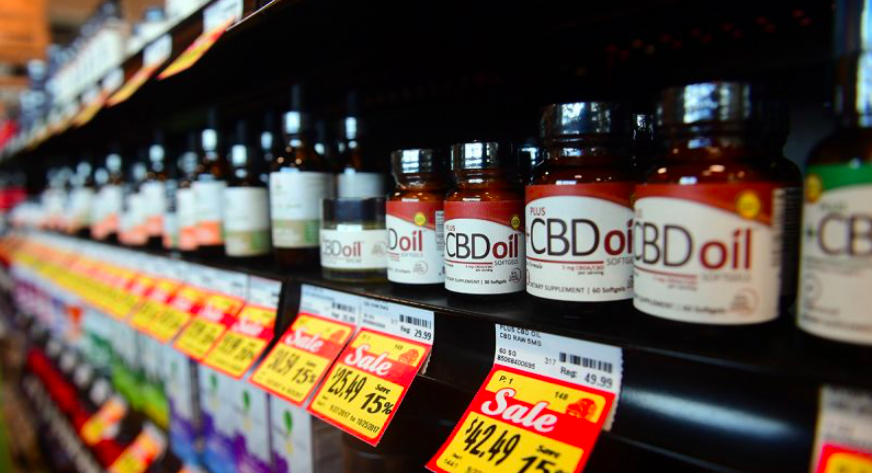The DEA is choosing not to go after those selling CBD
Thor Benson / Cannabis News Box Contributor
Indiana made it legal for some people to possess CBD oil when it passed a cannabis-focused bill in April. The law claims, among many other things, that citizens with treatment-resistant epilepsy can have and take CBD. However, Indiana’s State Excise Police seized CBD from over 50 stores shortly after the bill passed.
The Excise Police appeared to believe CBD was illegal in the state. There has been quite a bit of confusion over CBD’s legality ever since. The DEA has now stepped in with its opinion. Surprisingly, the agency is saying going after people who use CBD is not a priority.
“They are not a priority for us… it would not be an appropriate use of federal resources to go after a mother because her child has epileptic seizures and has found something that can help and has helped,” Rusty Payne, a spokesperson for the DEA, told WTHR.
As High Times noted, Indiana Attorney General Curtis Hill also stepped in to declare that CBD is legal to possess and sell in Indiana. That was also surprising, considering he’s known as a staunch opponent of cannabis.
“Commercial products manufactured from industrial hemp are lawful to possess and sell in Indiana,” Curtis wrote in a memo to Indiana State Police. “A short list of these products may include, but are not limited to, hemp rope, hemp hand lotions, CBD oil, hemp shoes and other clothing articles manufactured from industrial hemp. Keep this information in mind in the event you encounter such products in the course of your duties, and remember these products are lawful to purchase and possess.”
Unfortunately, High Times notes, police are still arresting people for possessing CBD oil. Former Sergeant and Terrorism Liaison Officer Terry Blevin, who currently educates people in law enforcement about cannabis, told Cannabis News Box one of the main problems here might be a lack of knowledge among police officers and their leaders when it comes to cannabis.
Blevin said many of these officers have been on the job for quite some time and still believe the lies they were told about cannabis decades ago.
“Usually it’s the older police officers in the leadership—the ones that are still stuck in the mode that marijuana is harmful,” he said. “As a young police officer, I was told the same thing. I was told it’s bad, it’s a drug and it could ruin our society if we let it run rampant.”
He said he feels like he was brainwashed with those kinds of ideas.
Furthermore, Blevin said many officers likely don’t understand the difference between non-psychoactive CBD products and intoxicating THC products. If they understood that, they might be less adamant about going after CBD users.
It’s clear education surrounding cannabis is needed in the law enforcement community and beyond.










